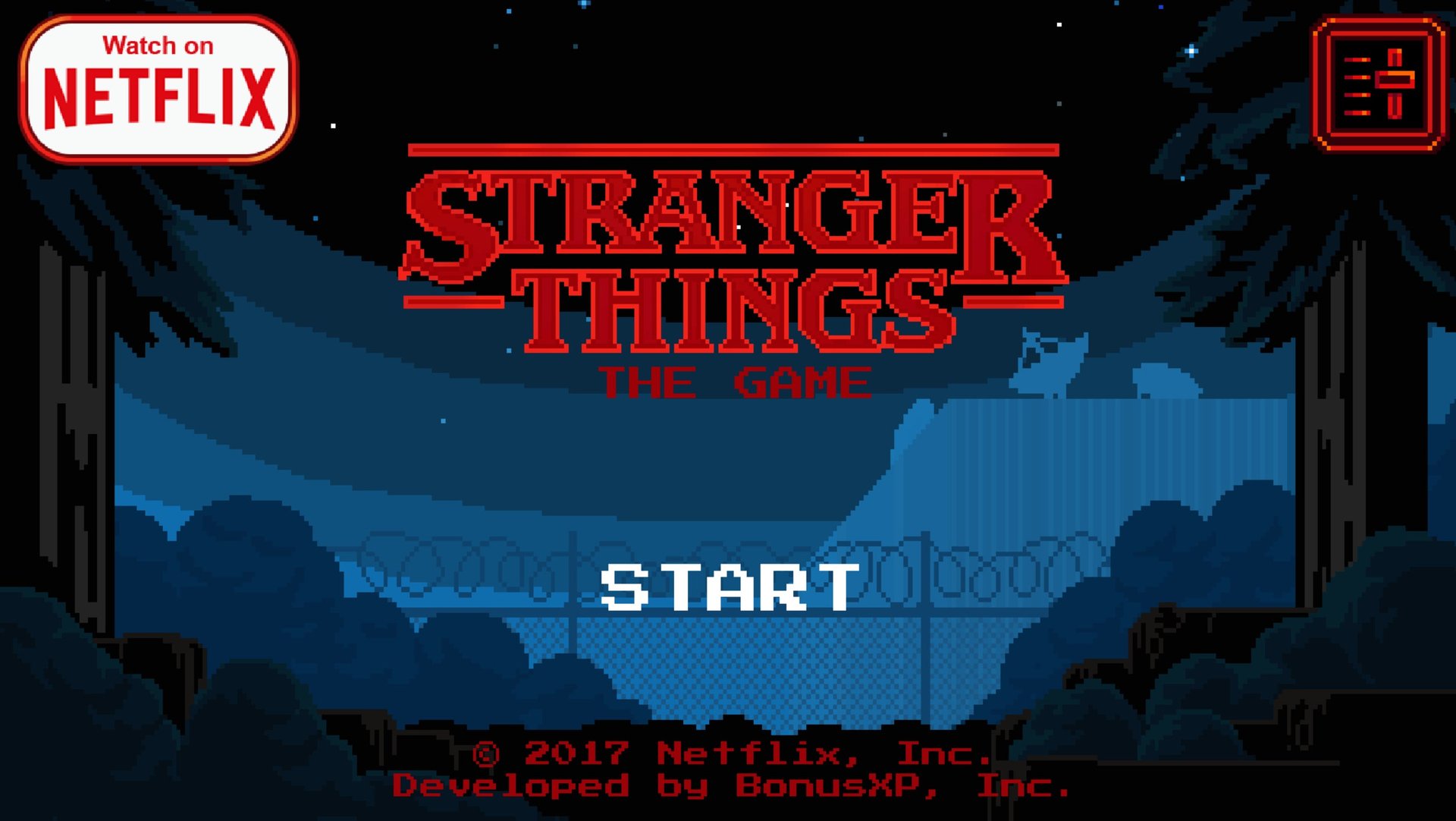“Stranger Things” taps even deeper into 80s nostalgia with the release of a retro mobile game
Stranger Things provided the world with the Eighties nostalgia it didn’t know it needed. And yesterday, Netflix and the show’s directors, the Duffer brothers, doubled-down by releasing a video game version of the hit show as an 8-bit—that is, original Nintendo quality—side-scrolling adventure available for both Android and iOS.


Stranger Things provided the world with the Eighties nostalgia it didn’t know it needed. And yesterday, Netflix and the show’s directors, the Duffer brothers, doubled-down by releasing a video game version of the hit show as an 8-bit—that is, original Nintendo quality—side-scrolling adventure available for both Android and iOS.
Stranger Things, the show, played off our nostalgia for Flocks of Seagull haircuts and Breakfast Club-esque defiance. Stranger Things, the game, which was developed by indie game studio BonusXP, hooks into our fond memories of sitting on the floor too close to the TV and fighting over who gets to go next.
And it recreates the experience with an eye towards the details. The game’s difficulty select screen offers two settings, “normal,” and “classic,” which promises that it will be “1984 hard.” Which is to say, damn near impossible to beat. But as gamers of old will remember, the fun was always in trying.
With the second season of the wildly popular show due out at the end of this month, the game is an obvious attempt to prime us for some of that Eighties horror hijinks. But there’s more at play here; that early generation of gamers are reaching that age where they start to look back and developers are cashing in on their longing for the past.
Last year, Nintendo released its NES Classic and it sold out in a matter of days. This year, Nintendo released the next generation of console, the 16-bit Super NES, and again stocks were gone within days. Not to be outdone, Atari’s got a wayback console in the works and a Commodore 64 throwback machine is in development for release next year.
And this is in spite of the fact that any of these consoles can be emulated on a DIY console, or played online at various websites. The success of these consoles implies consumers don’t just want to emulate the games, they want to recreate the whole experience of how things used to be.